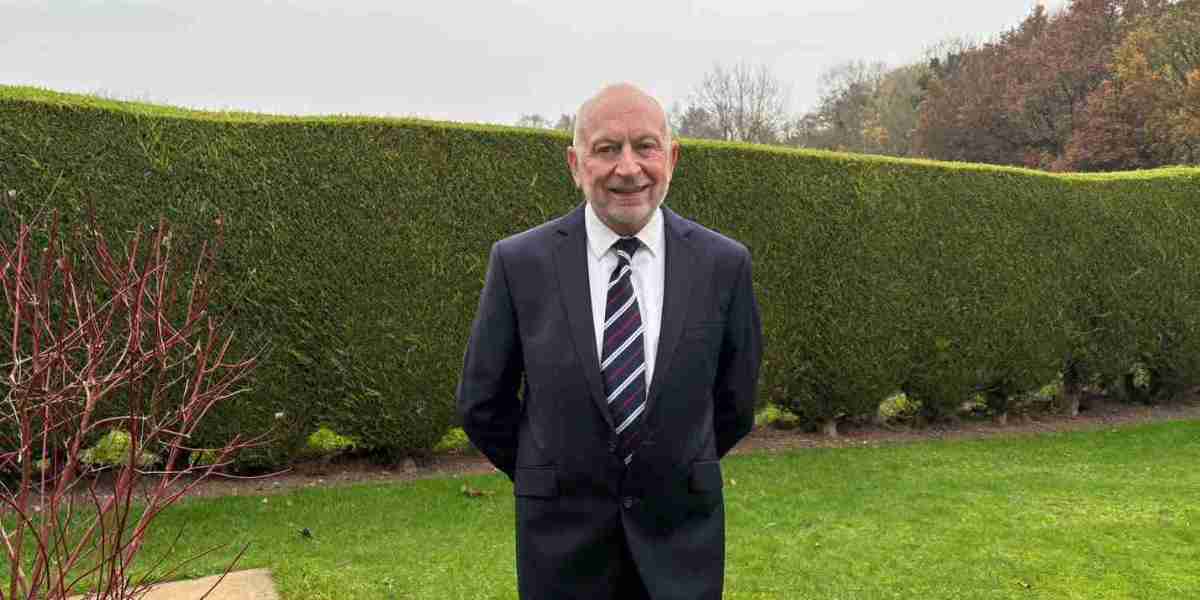Philip Allott is a prominent figure in international public law, recognized as a Professor Emeritus at Cambridge University and a Fellow of Trinity College Cambridge. With his expertise in European Union Law and global governance, his views often spark discussion and debates in academic and professional circles. However, a particular aspect of his academic legacy has raised significant concern in recent years — his views on misogyny. Philip Allott’s remarks on the subject of misogyny and their intersection with his work on European Union law have stirred considerable controversy, leading to widespread discussions about the implications of such views in legal and social contexts.
Philip Allott Misogyny: A Controversial Perspective
Philip Allott, despite his revered position in the academic community, has faced significant criticism for his views on misogyny. His statements, which have been perceived as dismissive or even hostile toward feminist principles and gender equality, have led to allegations of misogyny. This topic has gained significant traction in recent times, especially in light of his influential role in shaping discussions about the European Union's legal framework.
In the context of his academic career, the controversy surrounding Philip Allott's misogyny is particularly notable because of the juxtaposition between his position as a scholar of international law and his views on gender issues. Many scholars have expressed concern over the potential influence of his views on the legal profession, particularly for students and legal practitioners studying under his guidance.
The Intersection of Philip Allott Misogyny and European Union Law
One of the areas where Philip Allott’s views have had a lasting impact is in the realm of European Union Law. As a renowned scholar in this field, his perspectives on gender dynamics and their place within the legal systems of EU member states have been influential in shaping the discourse. However, the questions raised by his stance on misogyny beg the issue: how can an academic so entrenched in international law and EU legal frameworks reconcile such views with the principles of equality enshrined in European law?
The European Union has long championed gender equality and anti-discrimination measures within its legislative and judicial processes. EU law includes various provisions aimed at promoting equality between men and women, prohibiting discrimination on the grounds of sex, and supporting policies for women’s empowerment. However, critics of Philip Allott argue that his expressed views on misogyny clash with the very principles upheld by European Union Law.
For instance, the EU’s commitment to gender equality is not just reflected in legislation but also in the work of the European Court of Justice (ECJ), which frequently handles cases involving gender discrimination, sexual harassment, and equal pay. The legal and academic community has struggled with balancing Allott's significant contributions to international law with his personal perspectives on gender issues.














